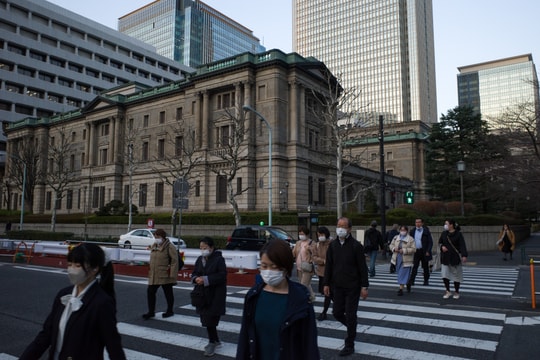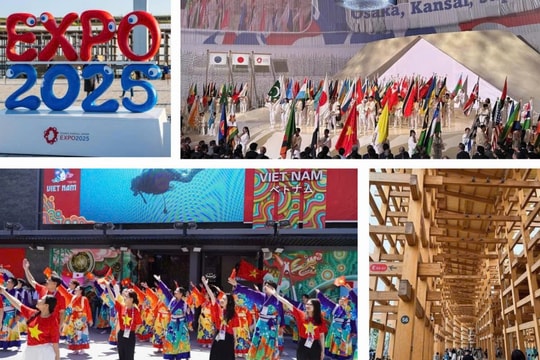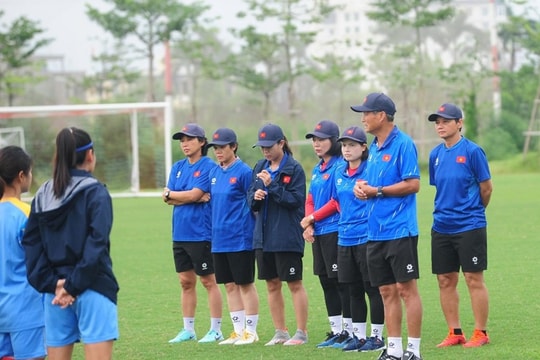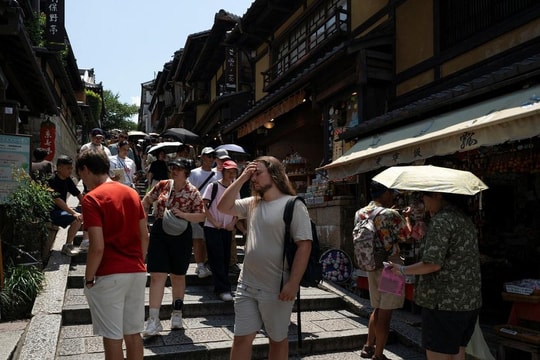Where will Japan-Ukraine relations go?
(Baonghean) - The ups and downs of crisis are opportunities to realize who are real friends. This is the lesson that Ukraine realized 2 years ago. While most of the voices opposing Russia's actions in Crimea came from Euro-Atlantic countries, Ukraine also found support from a special party - Japan.
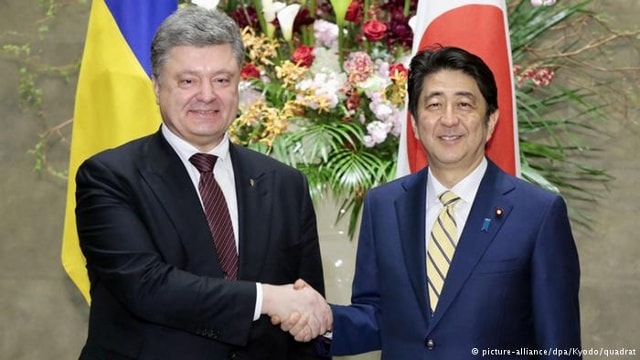 |
| Ukrainian President Poroshenko and Japanese Prime Minister Shinzo Abe. Photo: dpa. |
Several months ago, officials from both sides announced that Japan and Ukraine were planning a visit by Ukrainian President Petro Poroshenko to Tokyo ahead of the G7 Summit in May. Japanese Prime Minister Shinzo Abe also continued to voice support for Ukraine regarding the ongoing conflict in the eastern regions of the country.
This week, President Poroshenko traveled to Tokyo and met with Prime Minister Shinzo Abe on April 6, attracting public attention. At a joint press conference, Mr. Abe said the Japanese side urged Ukraine to fully implement the Minsk agreement reached with Russia in September 2014, 6 months after the Crimean Peninsula was annexed by Russia.
The Japanese leader also expressed his hope that his country would push for domestic reforms, and in return, the cherry blossom country would continue plans to pour in $1.9 billion in economic support that was promised last year when Mr. Abe became the first Japanese Prime Minister to visit Ukraine.
The bilateral meeting took place just four days before the G7 Foreign Ministers' Meeting in Hiroshima and more than a month before the G7 Summit. Russia has been excluded from this framework since the country annexed the Crimean Peninsula into its territory, but Mr. Abe still promised to bring the Crimea issue up for discussion at the G7 Summit.
2016 marks the 30th anniversary of the Chernobyl nuclear disaster and five years after the devastating earthquake and tsunami that struck Japan, triggering the nuclear crisis at the Fukushima Daiichi nuclear power plant.
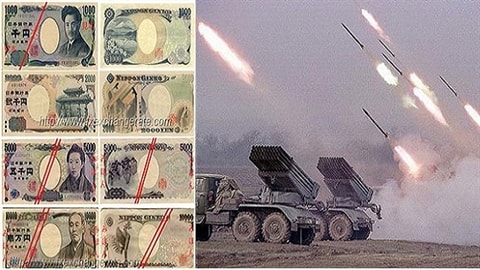 |
| Japan decided to invest and provide aid to Ukraine, a country at risk of civil war. Photo baodatviet |
Mr Abe has pledged €3.5bn to help resolve the issue of spent fuel at Chernobyl. In return, Mr Poroshenko has declared 2017 to be the “year of Japan” in his country, marking 20 years of diplomatic relations.
According to the Diplomat, economic and trade relations between the two countries have become stronger in recent times, despite a temporary "setback" when Ukraine imposed import restrictions on Japanese cars.
After the crisis, Ukraine has not hesitated to seek advice from Japanese economic experts. Masaru Tanaka, who worked at the Bank of Japan, is about to travel to Kiev to provide financial advice to the Ukrainian government.
Tokyo’s massive investments in Kiev have been hailed by Ukraine’s Finance Minister, Natalia Jaresko, who said the government’s efforts to secure such a significant investment will help it accomplish what it has not done in 23 years in just 15 short months. Ukraine clearly sees the Japanese investment as essential to help revive its ailing economy.
Although the two countries are not geographically close, analysts say there are historical reasons behind Tokyo's huge financial investments in Kiev.
Long constrained in its defense forces, post-World War II Japan relied heavily on financial investment to exert influence and project power.
Ukraine, meanwhile, qualifies as a promising target. The economy has recently returned to positive growth after a recession in 2014 and early 2015. According to available data, Ukraine’s economic policies generally allow for free trade and investment.
On the other hand, Japan’s support also has geopolitical implications – the country has long been at odds with Russia over the Kuril/Northern Territories – an archipelago located between the coast of Hokkaido and Russia’s Kamchatka Peninsula. But will Tokyo support Ukraine in the long term?
In recent months, Japan has sought to strengthen cooperation with Russia, especially in trade and security. Japan and Russia have also resumed talks on the Kuril Islands/Northern Territories territorial dispute, which was stalled after the Crimea crisis, along with the establishment of a post-World War II peace treaty.
Despite its closer ties with Russia, Tokyo has yet to signal a change in its Ukraine policy. For now, Japan-Russia cooperation is more symbolic than substantive. But in the long term, a warming of bilateral relations may not bode well for Ukraine.
One of the biggest diplomatic challenges the Japanese government has faced in recent years is to counterbalance Russia and Ukraine, while also countering pressure from the United States - Japan's most important ally - to maintain a firm stance on the Russia issue.
Prime Minister Abe has refused to heed US calls not to meet with his Russian counterpart Vladimir Putin. Abe has also called on the international community to give Russia greater opportunities to cooperate on global issues after the country was expelled from the G8 over its actions in Ukraine.
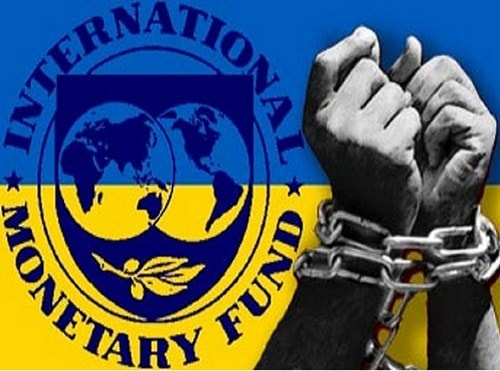 |
| Ukraine is now deeply in debt with conditional loans from the IMF. Will Japanese capital help revive its economy? |
So how will Japan’s improved relations with Russia affect its relations with Ukraine? The question is whether economics or geopolitics will dominate the situation. Even if Japan continues to support sanctions against Russia, if Tokyo believes that continued support for Ukraine is a restraint on its relations with Russia, it may limit its cooperation with Ukraine to the economic sphere.
Despite their differences, Japan and Russia have shown a willingness to cooperate on areas of mutual interest, such as the recent security crisis in North Korea. And so, Japan may find that it can still support Ukraine without hampering its relations with Russia.
Economically, Ukraine has not lost its friend Japan. Japanese investment in Ukraine is likely to continue as long as Ukraine remains a sufficiently stable and low-risk environment.
But politically, the future of Japan-Ukraine relations is uncertain. Who knows, if Tokyo decides that improving relations with Russia is in its greater interest, support for Ukraine from one of its closest friends in Asia may be a passing wind.
Phu Binh
(According to Diplomat)
| RELATED NEWS |
|---|


